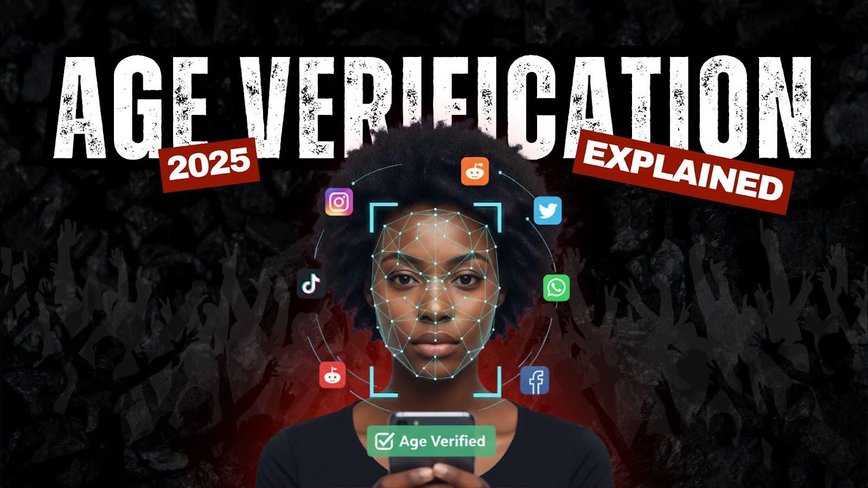
Uk'S Online Age Verification Has Landed: Safepaper Breaks Down New Rules And Privacy Concerns on OnlyLikeFans

Age-Verification Laws Shake Up the UK Internet Scene
Welcome to 2025, where Britain's online age-verification laws are making waves. Since late July, the UK's Online Safety Act has been in full force, mandating websites to verify users' ages via government IDs, facial scans, or credit card checks. This sweeping regulation affects a wide range of platforms – from adult sites to social media giants – with non-compliance resulting in hefty fines or even site blocks.
According to SafePaper, an independent cybersecurity portal, these measures represent 'a major change in how you use the internet,' sparking heated discussions on privacy and feasibility. Many users in the UK are concerned about the need to provide sensitive documents or biometric data, fearing potential data mishandling or leaks. SafePaper has released a comprehensive guide to help users understand the new rules and potential workarounds.
What Do the New Age Verification Rules Cover?
The UK's age-verification rules extend beyond adult content platforms. Under the Online Safety Act, any site offering age-sensitive content – including social media, gaming, and even e-commerce – must comply. This requirement means platforms like Pornhub, X (formerly Twitter), and Reddit now demand age confirmation through government ID or facial recognition.
Gone are the simple 'Yes, I'm over 18' checkboxes. Instead, users encounter ID uploads, AI-driven facial scans, and credit card verification. Most websites rely on third-party verification services like AgeID or Yoti for these processes.
“The new age checks are meant to protect, but they test our privacy limits,” said Alex Cole from SafePaper.
Privacy Concerns and VPN Loopholes
While the age-verification intentions are noble, the methods feel intrusive to many. Users often end up submitting passports, live selfies, or credit card info to third-party systems, raising questions about data storage and security. Centralized databases are prime targets for hackers, as history has shown with the Ashley Madison breach.
Teens, however, are finding ways around these checks. VPNs, which mask a user's UK IP address, have become a popular and effective workaround. Since the rules kicked in, VPN downloads in the UK have skyrocketed, causing concern among regulators.
The Road Ahead: Smarter Tech and Tightened Rules
The UK's regulatory landscape is just warming up. Ofcom is clamping down on compliance, warning platforms to bolster their verification processes or face penalties. Expect stricter enforcement and fewer workarounds as other nations begin to pay attention.
Meanwhile, tech innovation is paving the way for less invasive verification methods. Solutions like digital age tokens and identity wallets are being tested, allowing users to confirm their age without exposing personal data. The future could see a rise in 'unified age IDs,' akin to Single Sign-On systems, which streamline age-checks securely across platforms.
Guidance for Navigating the Age-Verification Era
Adjusting to these new age-check rules can be challenging, but users can navigate them safely with a few strategies. Be cautious about sharing ID with only trusted sites and vigilant against scams that exploit verification confusion. Secure your accounts with strong, unique passwords and two-factor authentication.
Stay informed about data policies of different platforms and opt for services that promise to delete your ID data post-verification. SafePaper's detailed guide offers insights into these laws, helping users understand their rights and the evolving landscape.
Stay updated by following digital safety experts to ensure you safeguard your privacy amid these regulatory changes.















